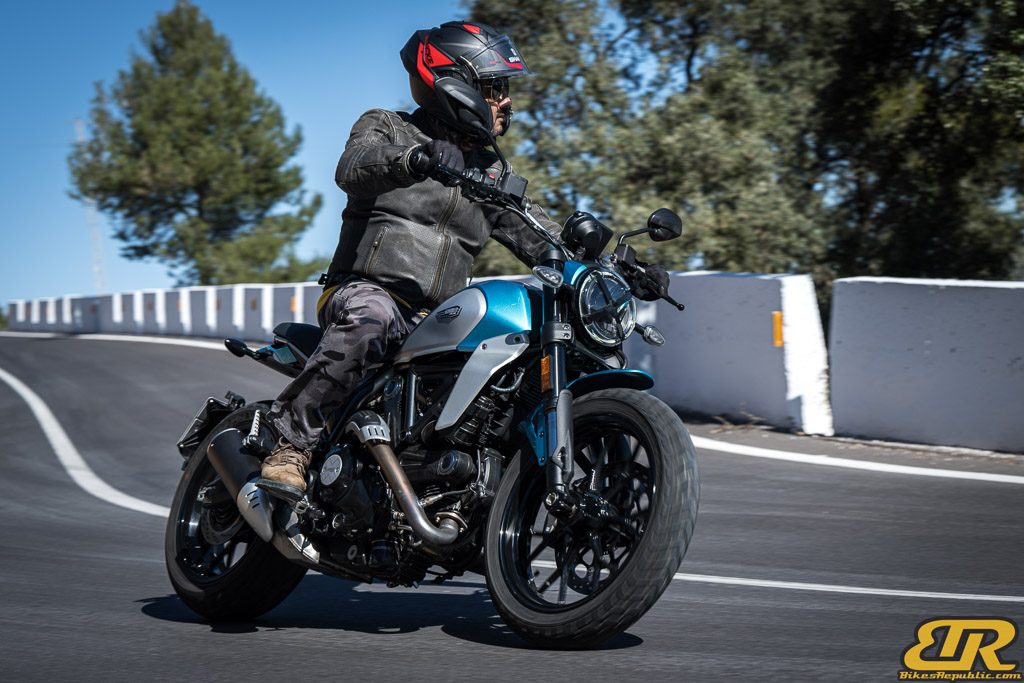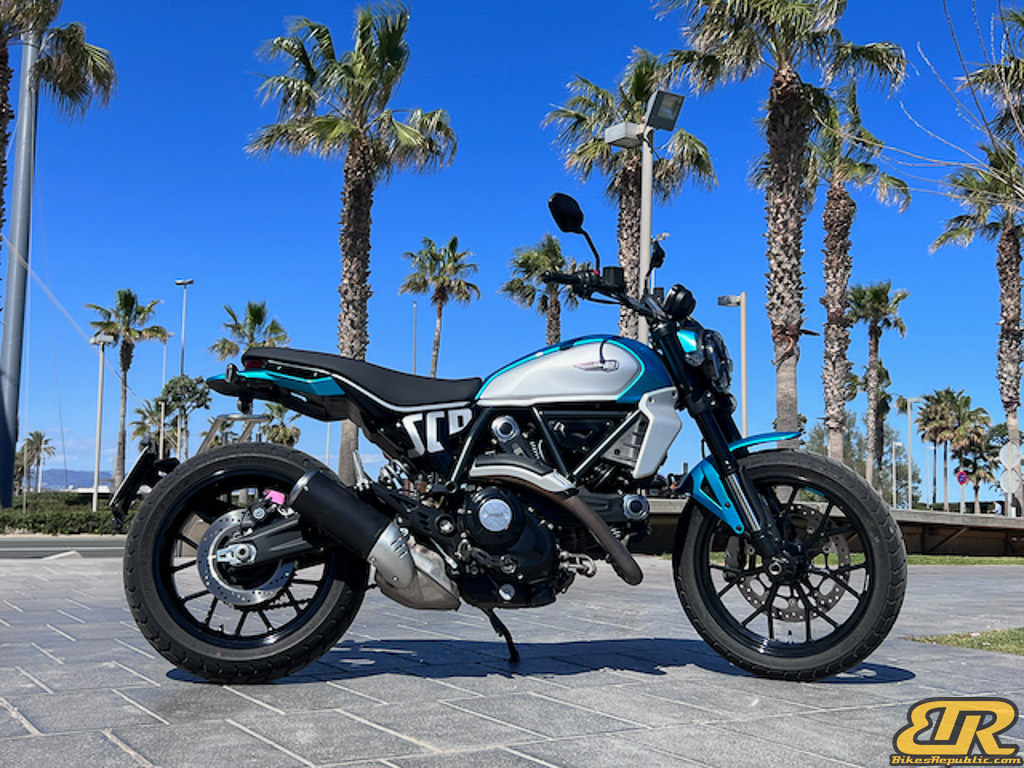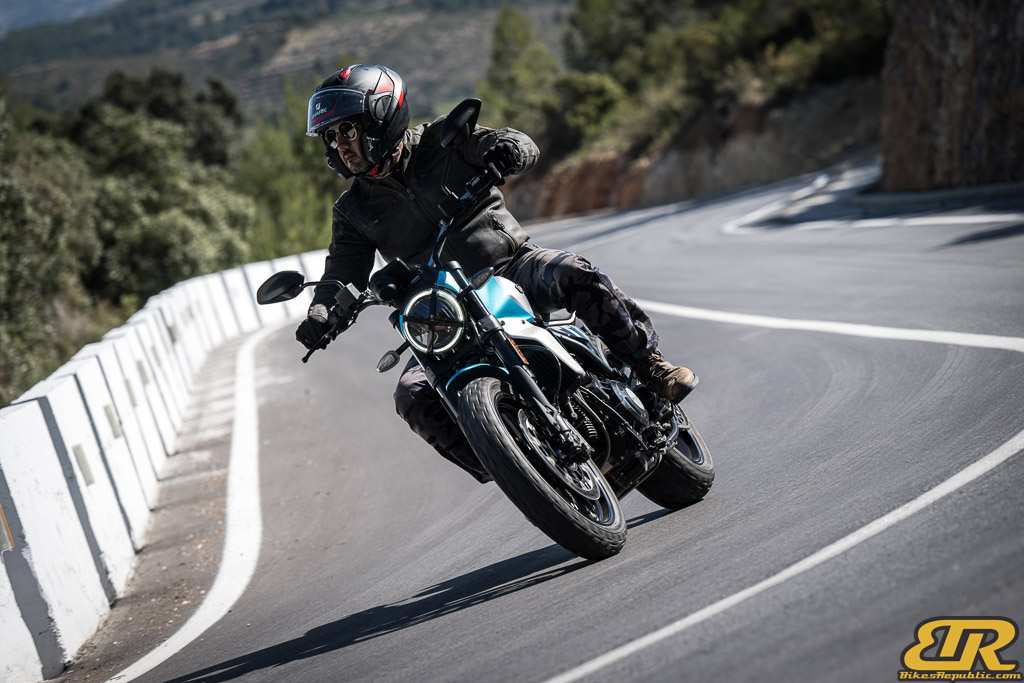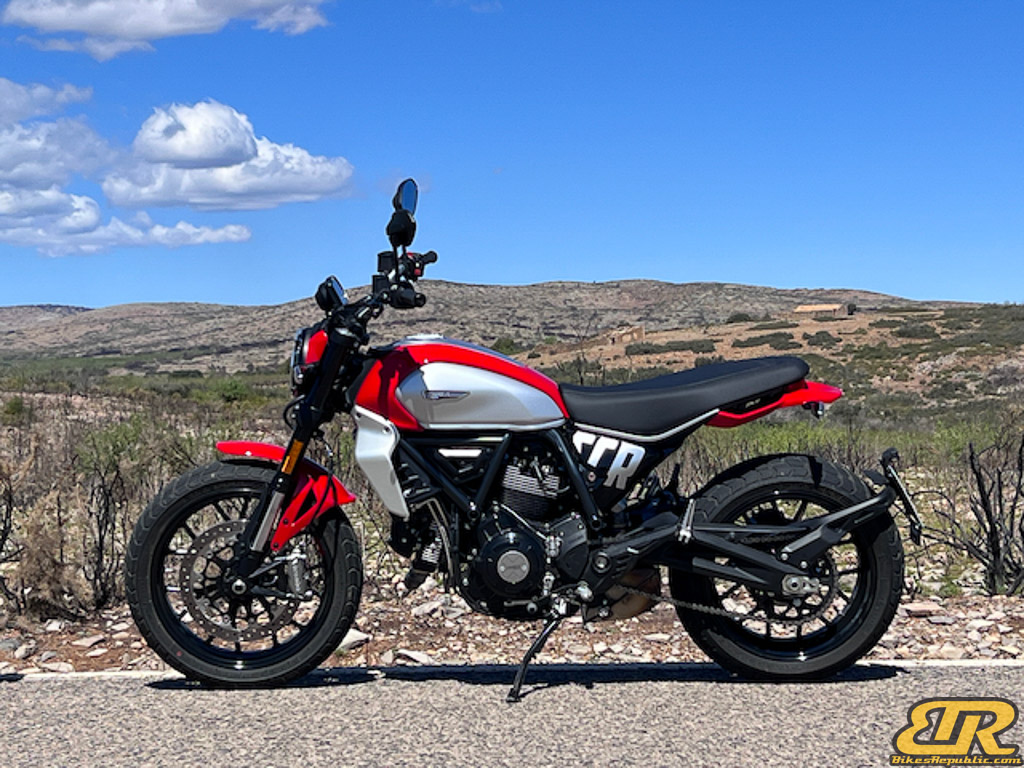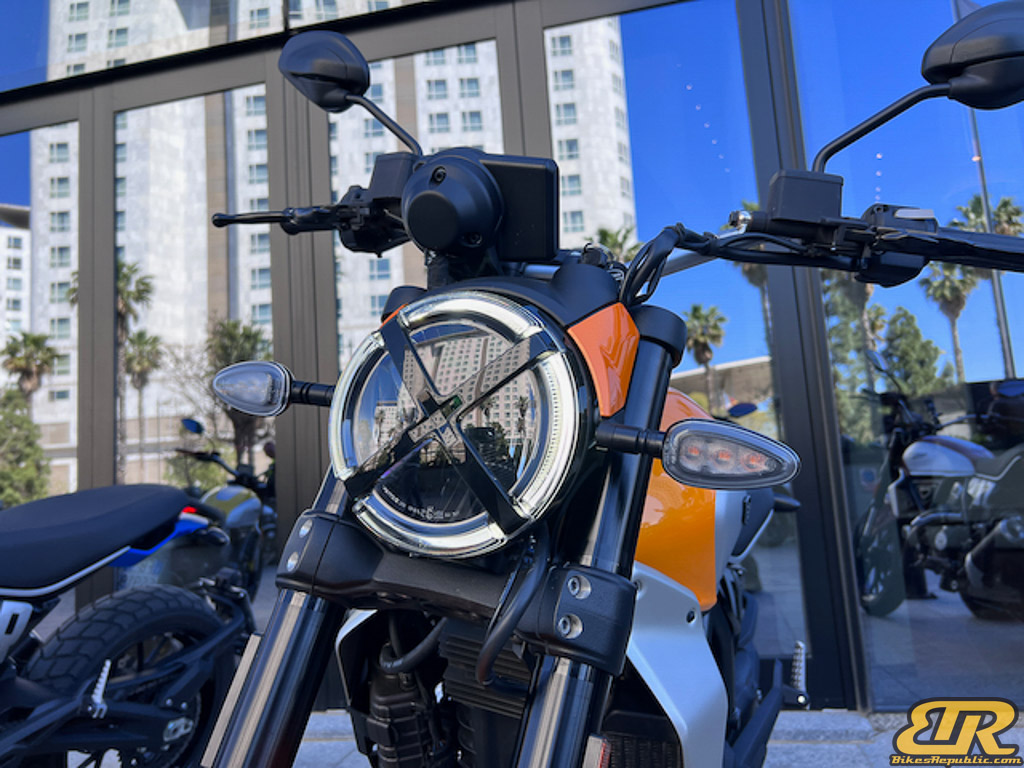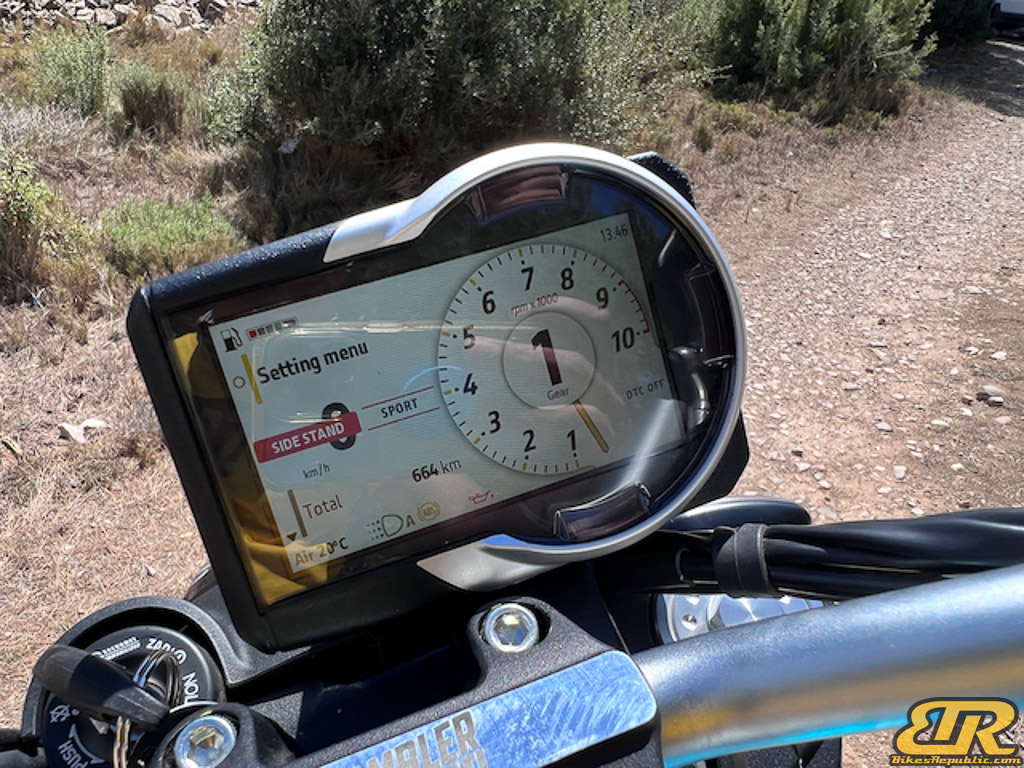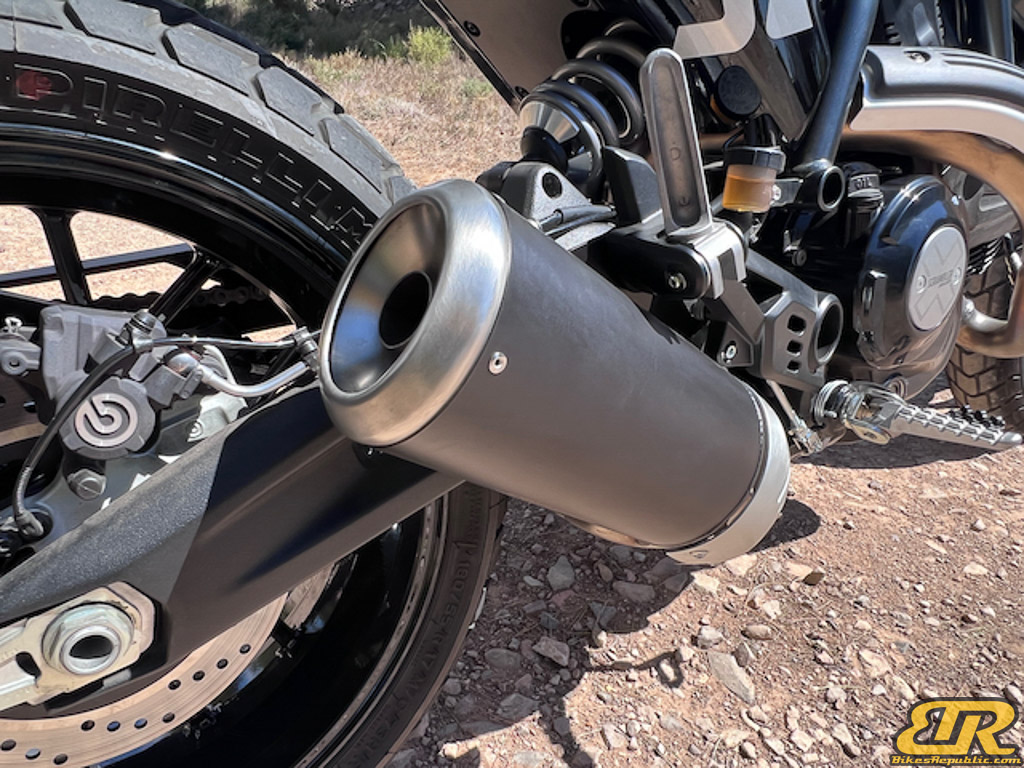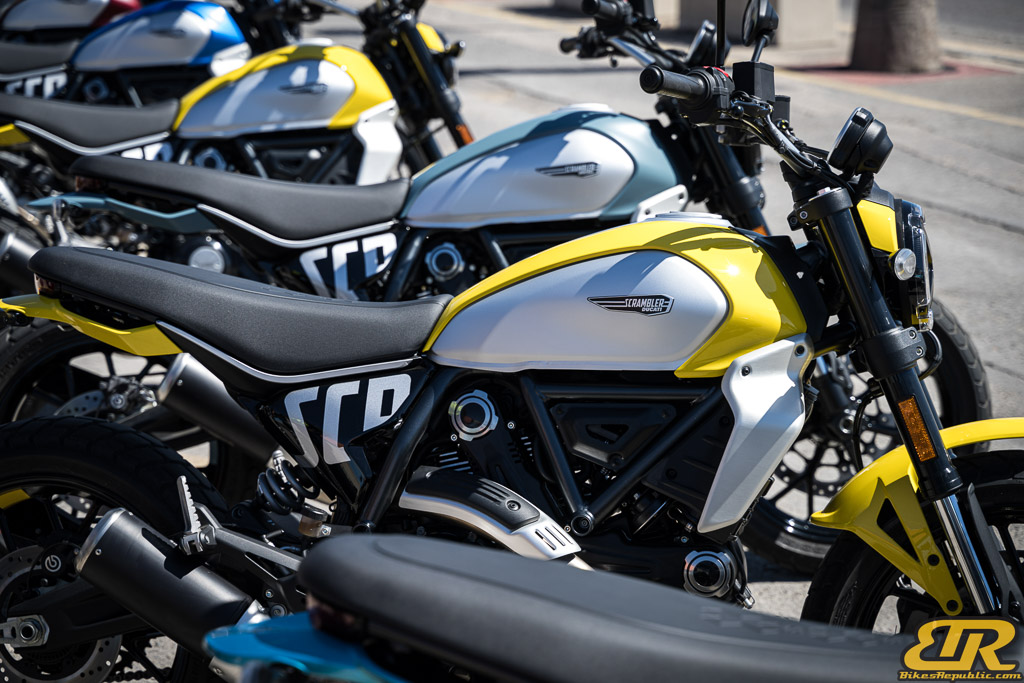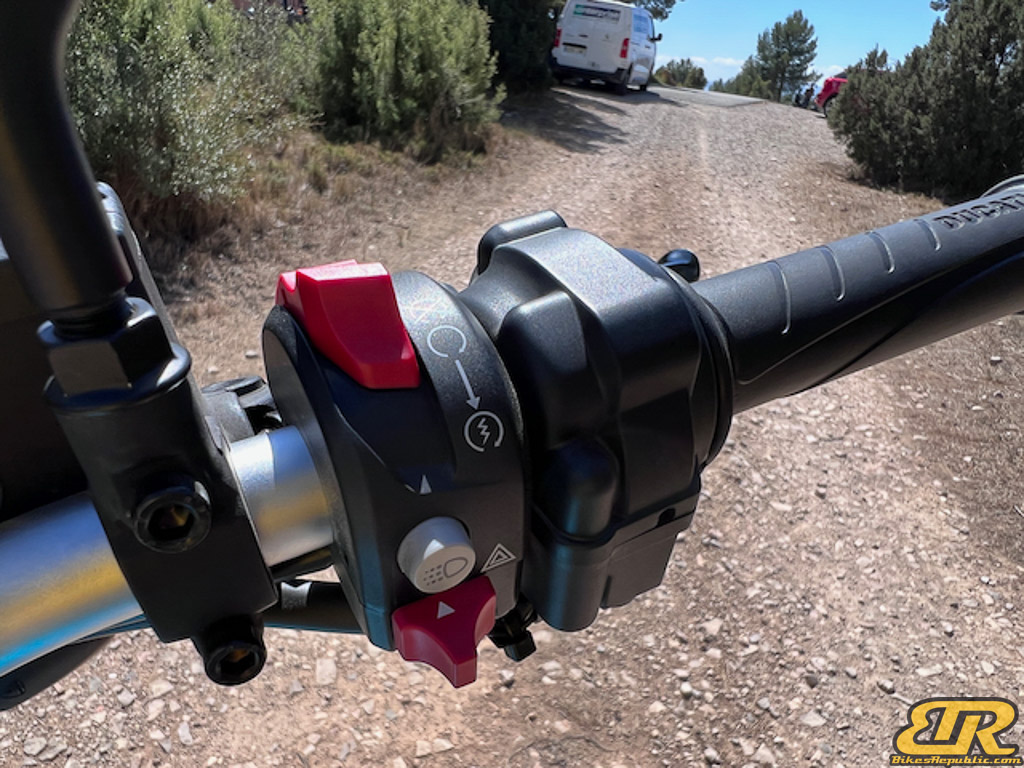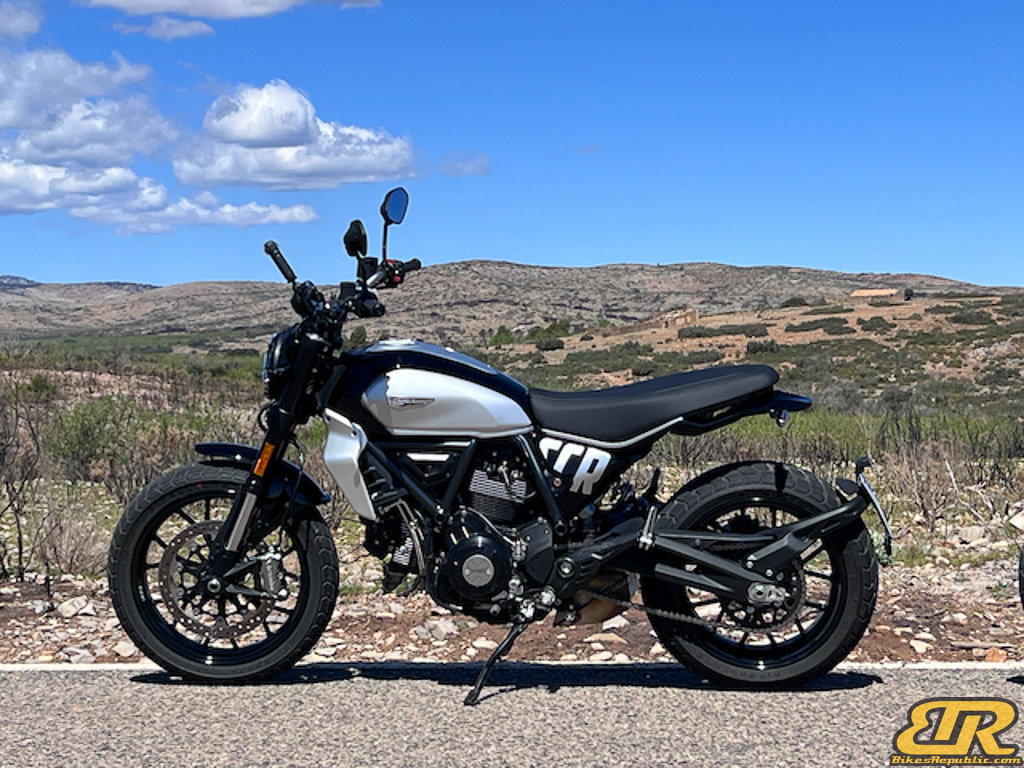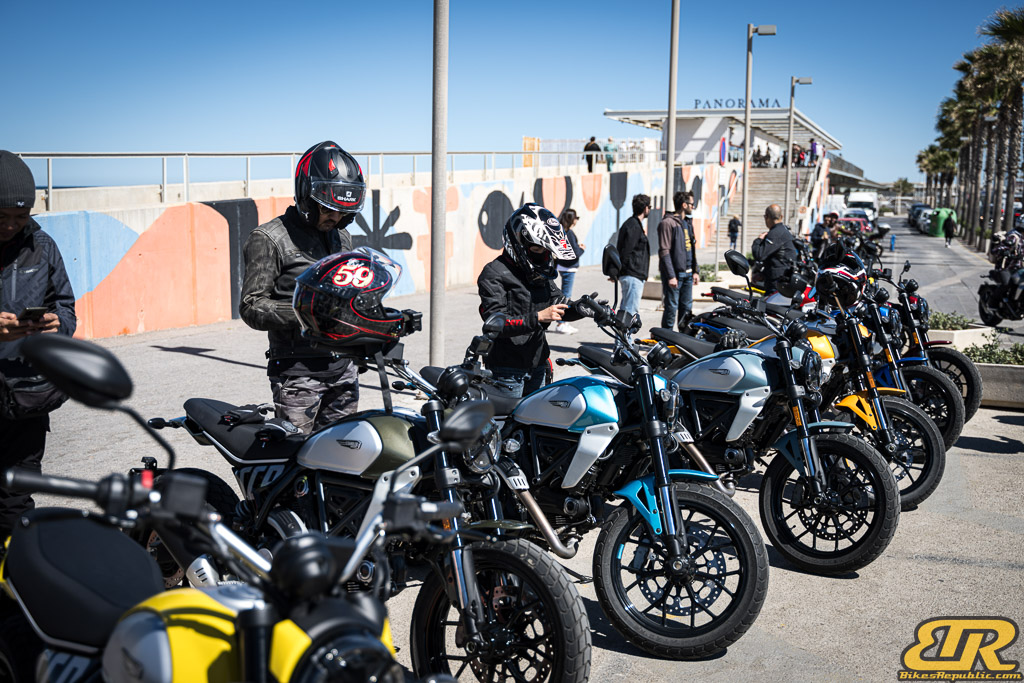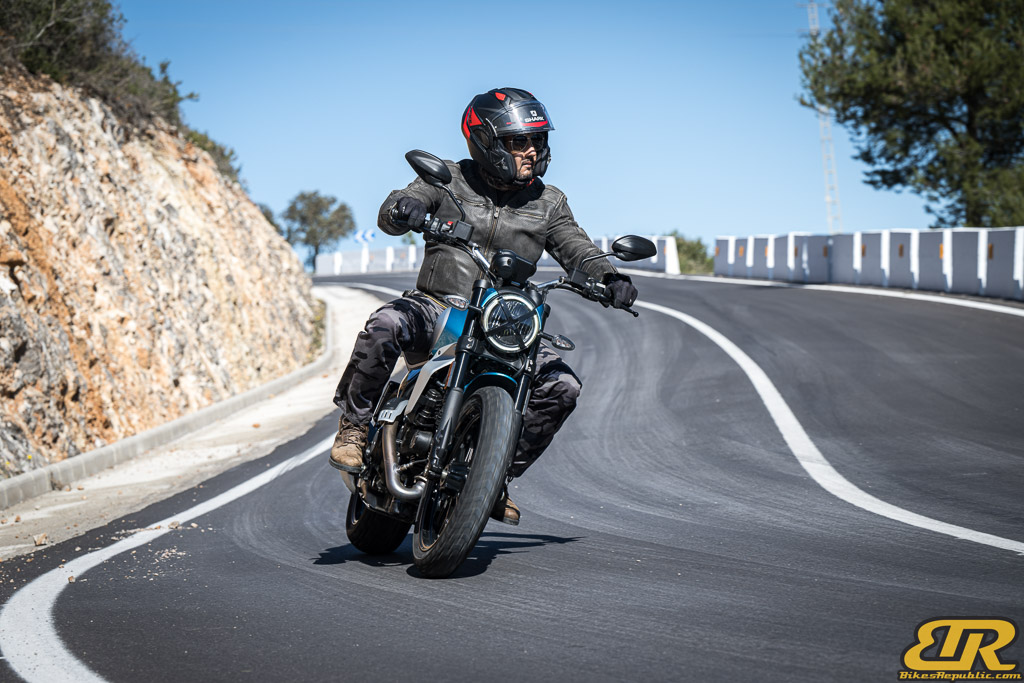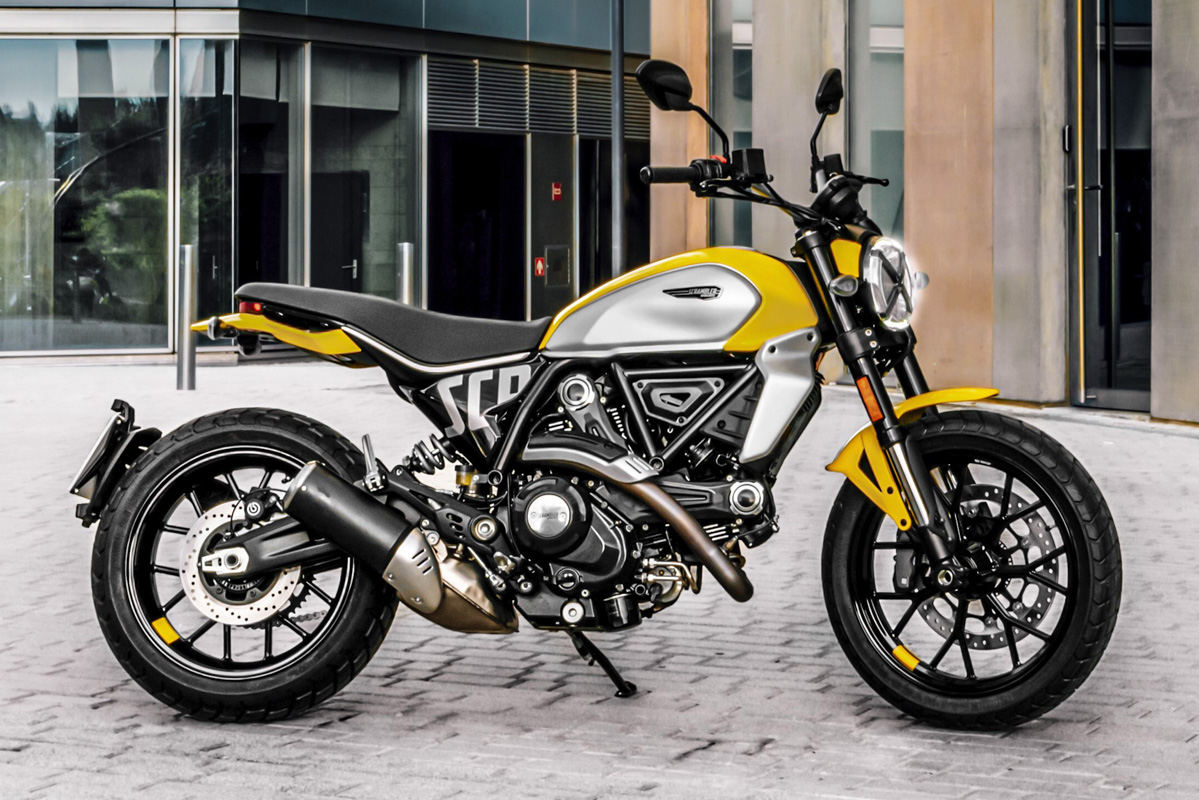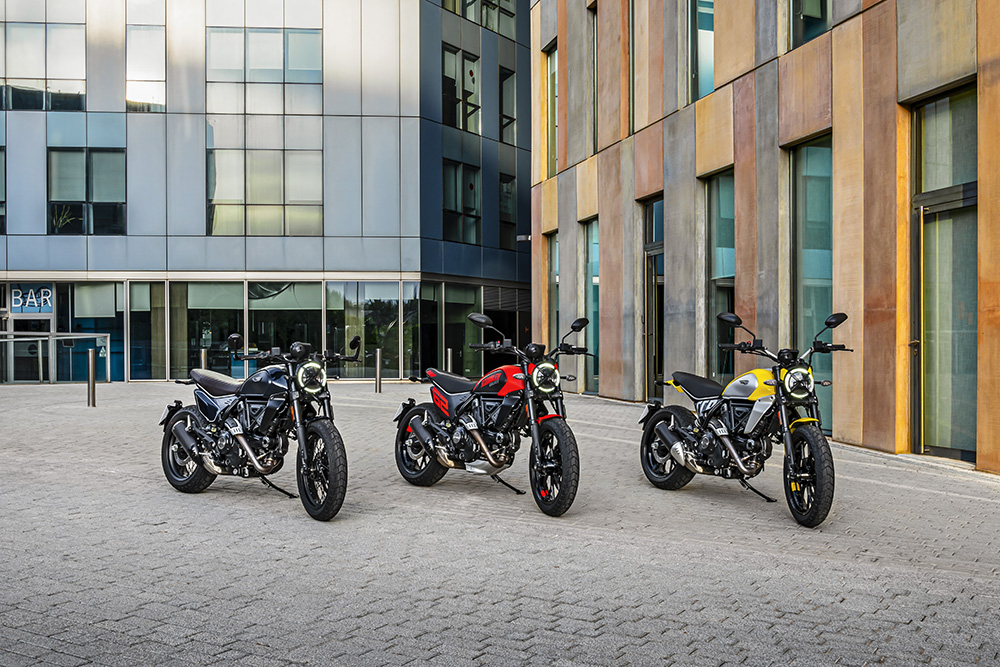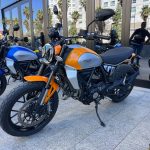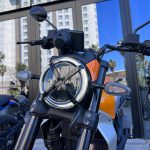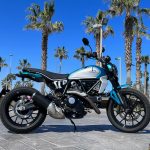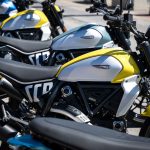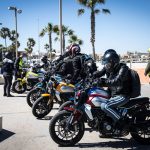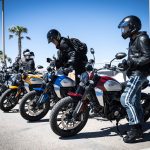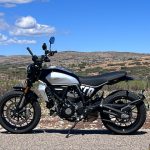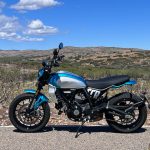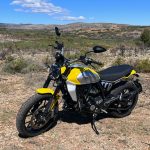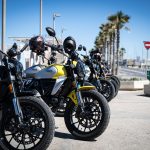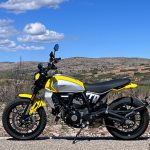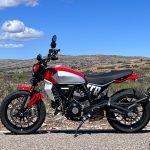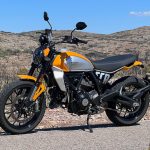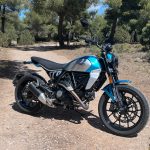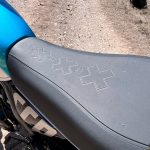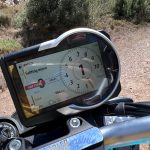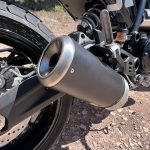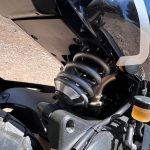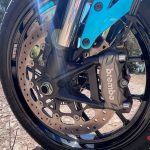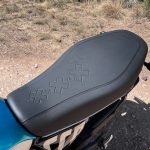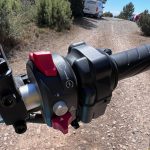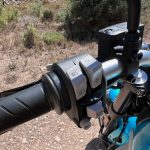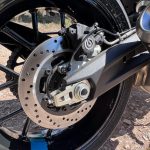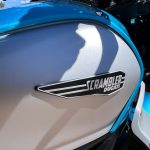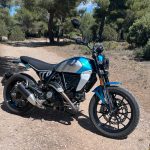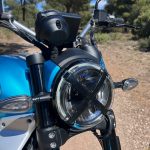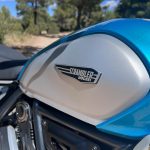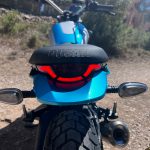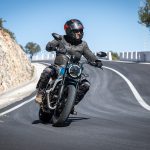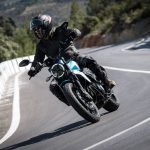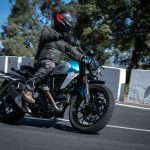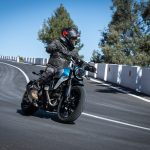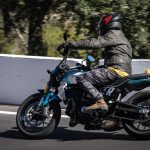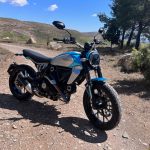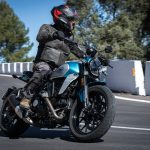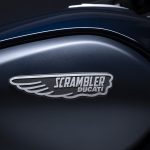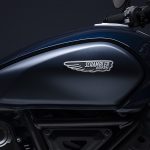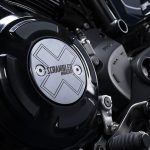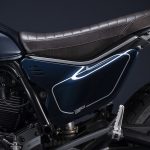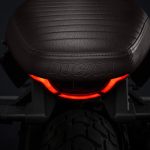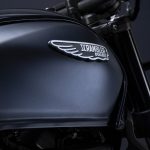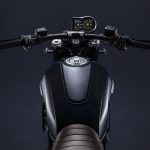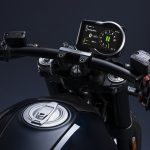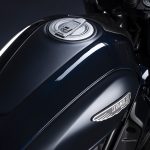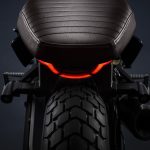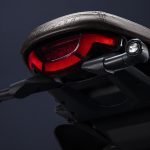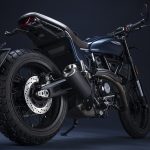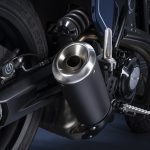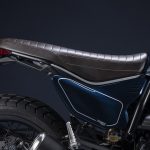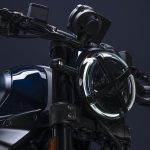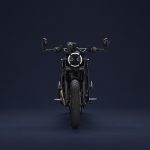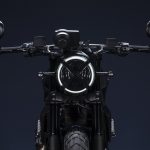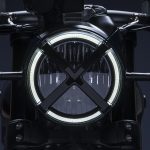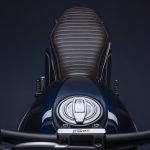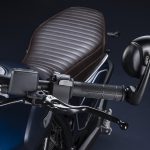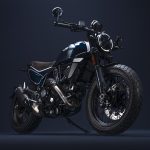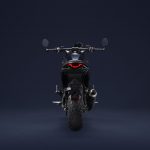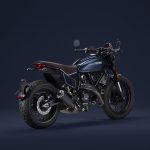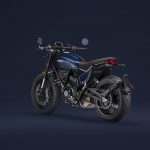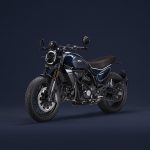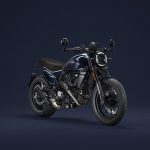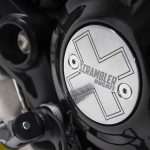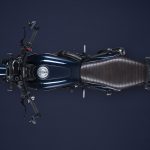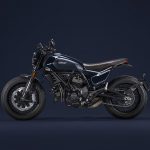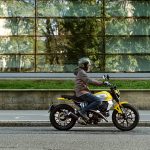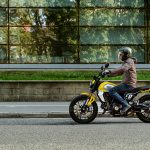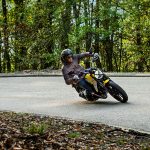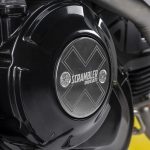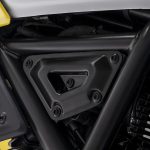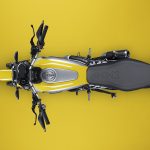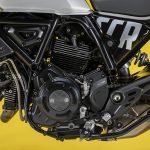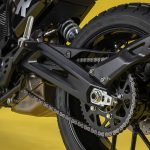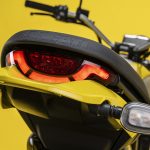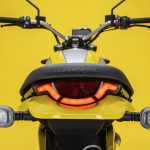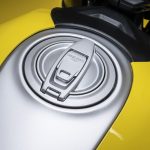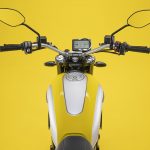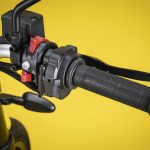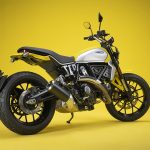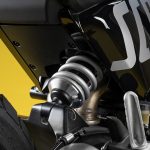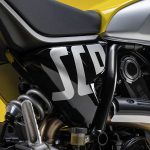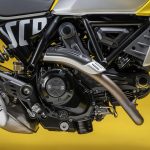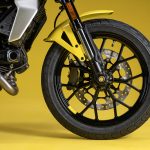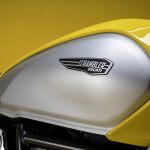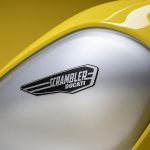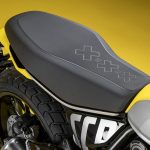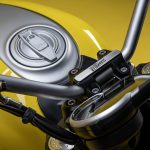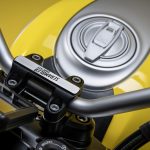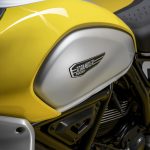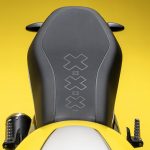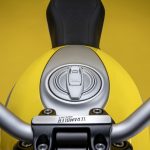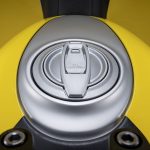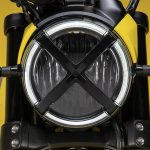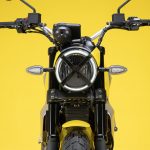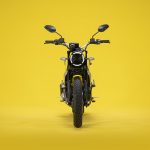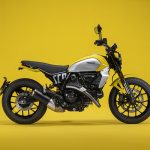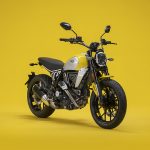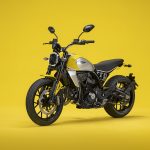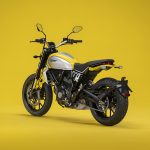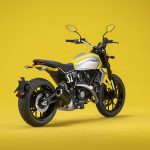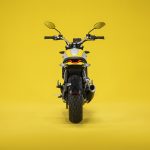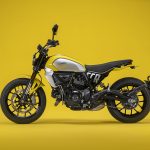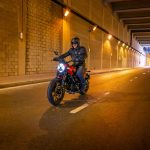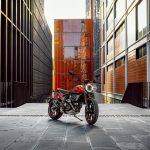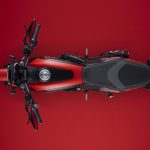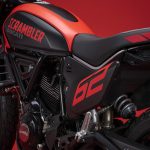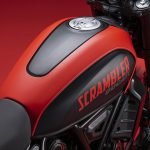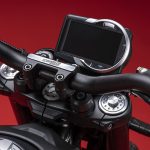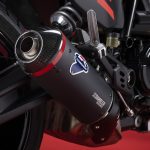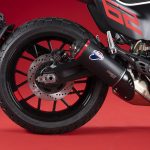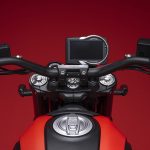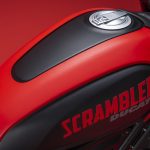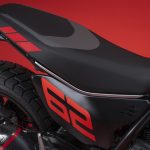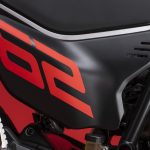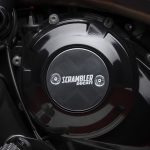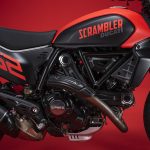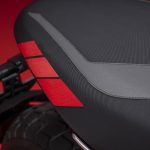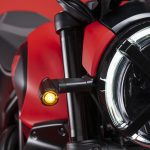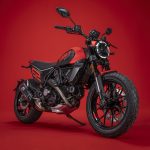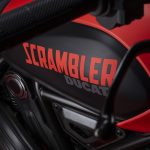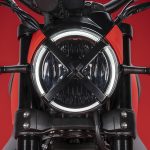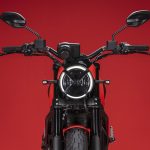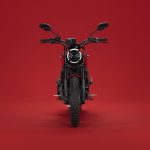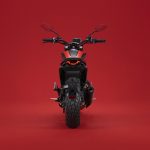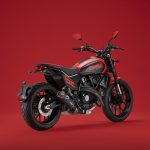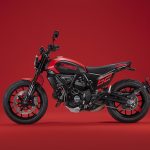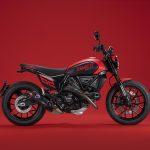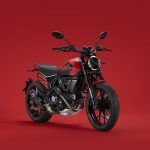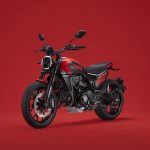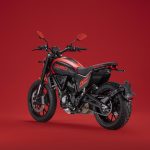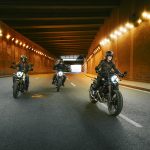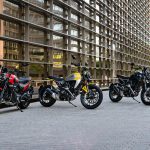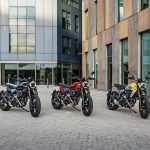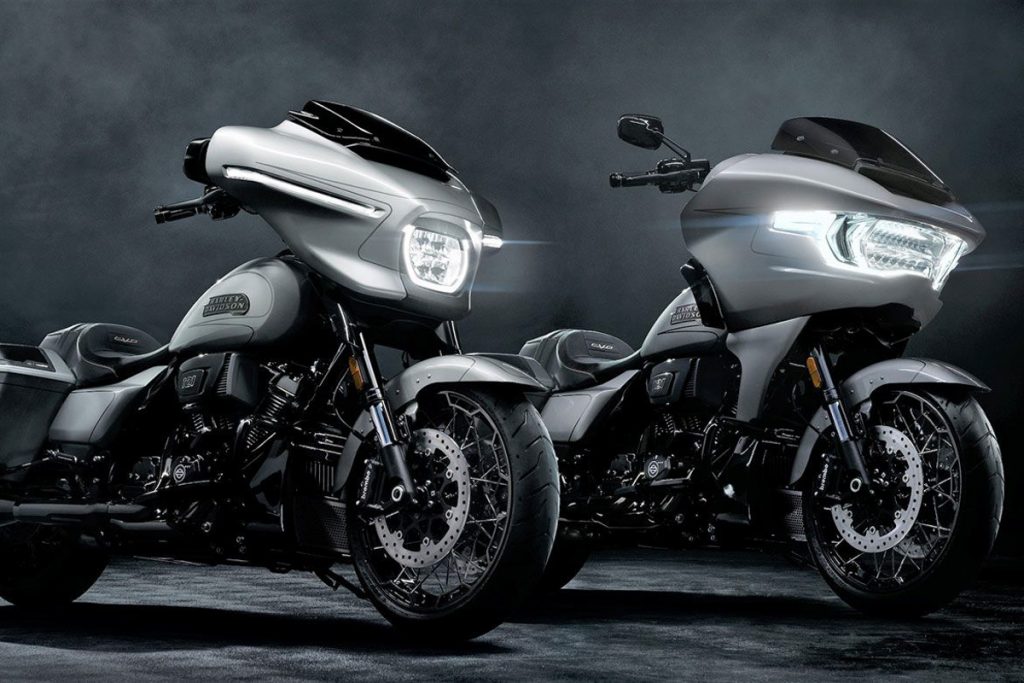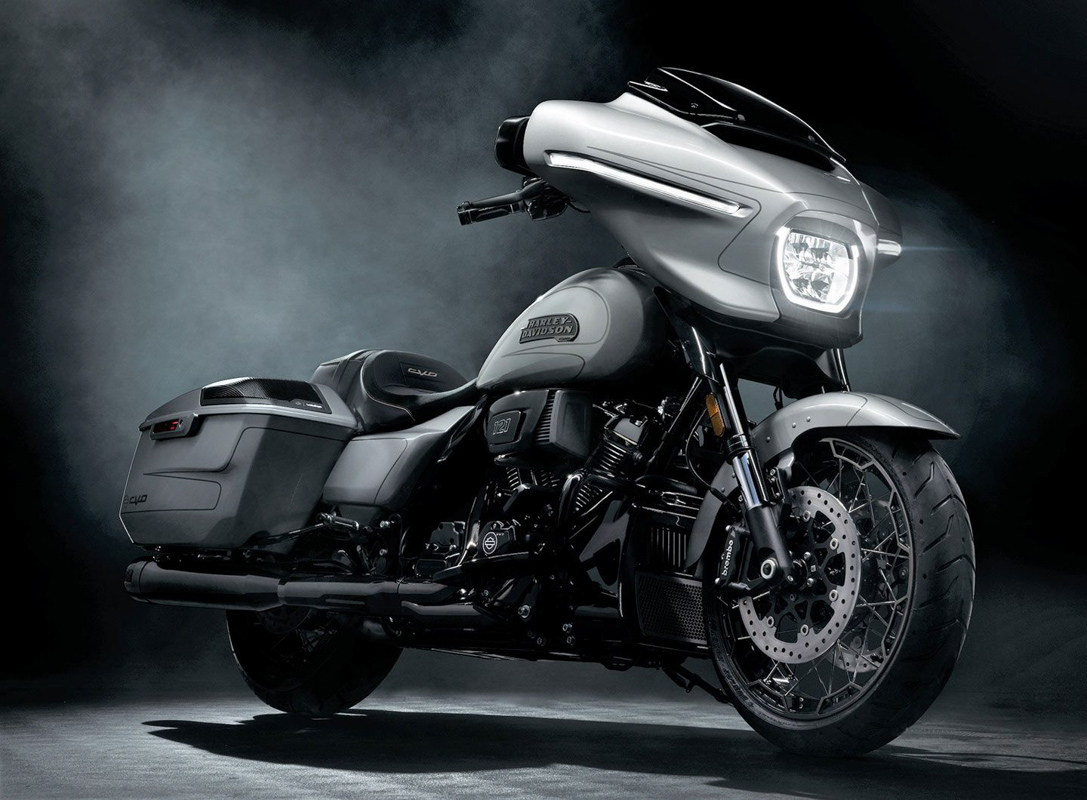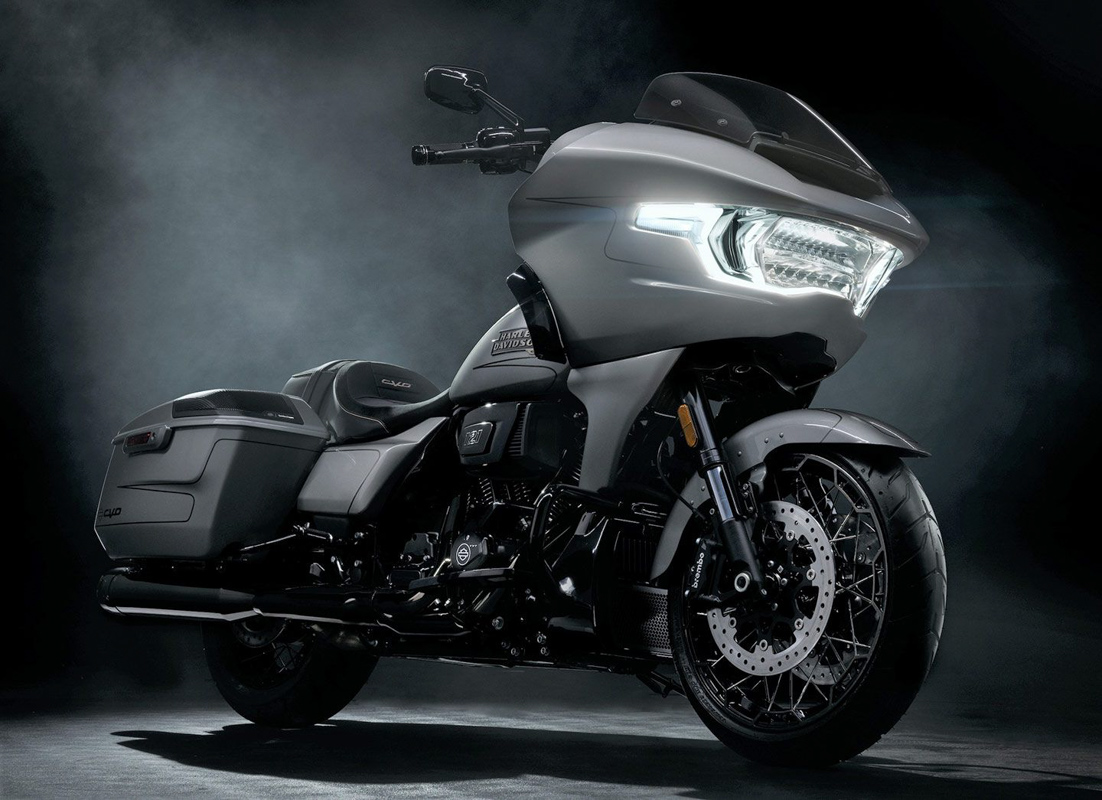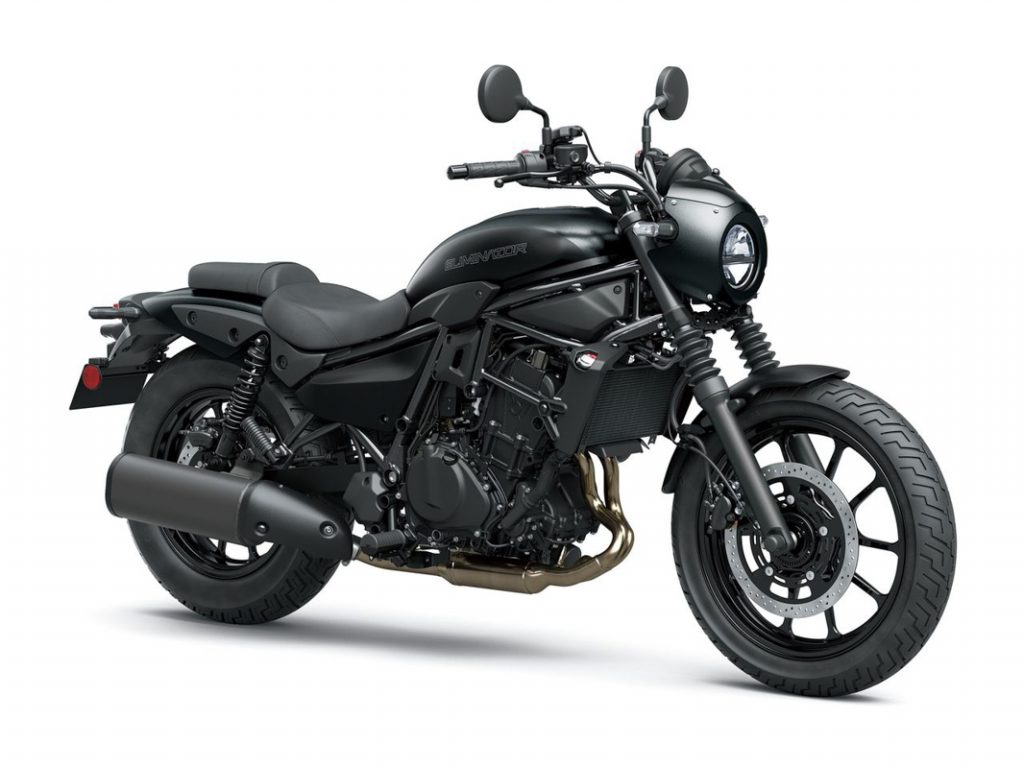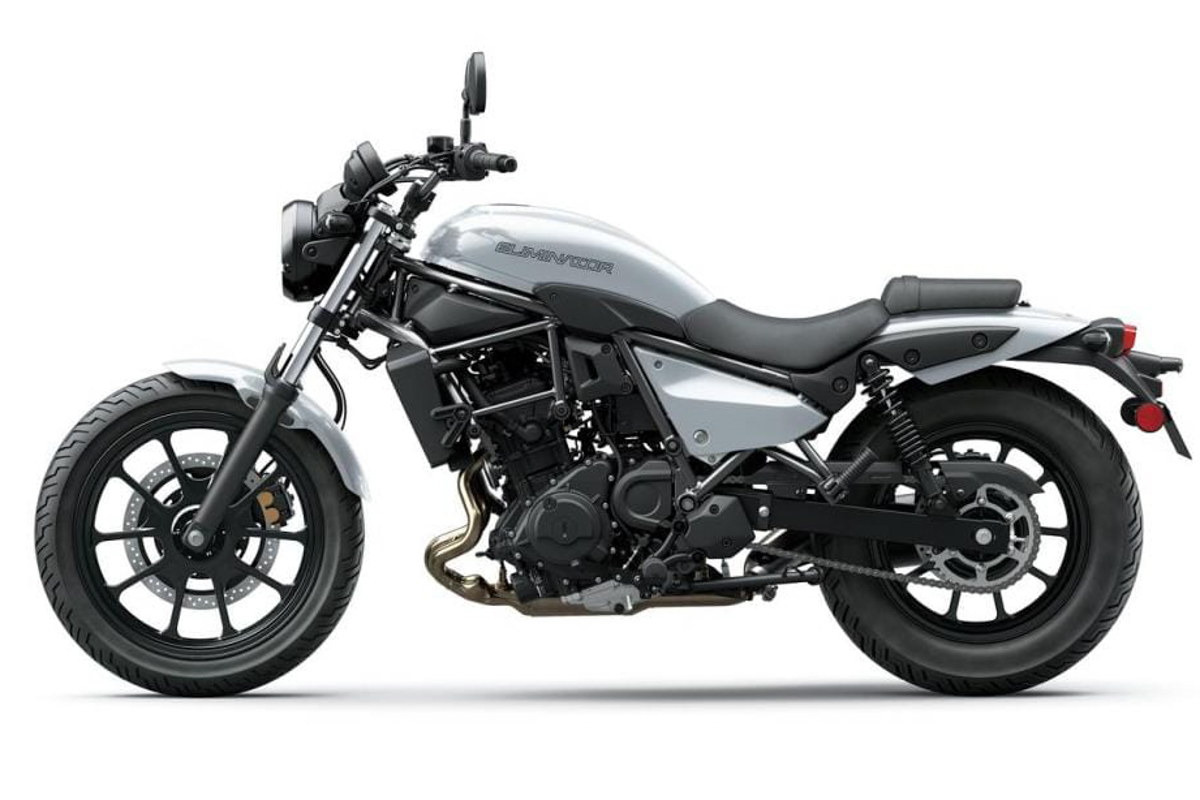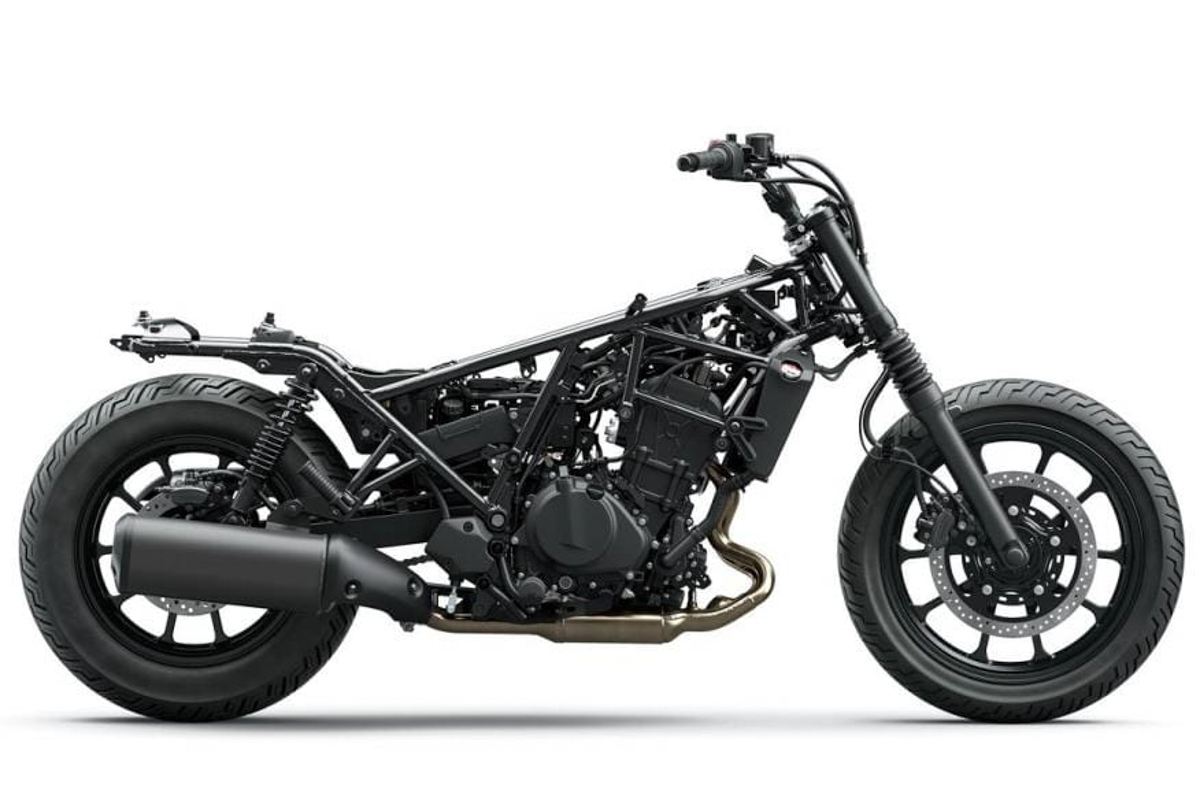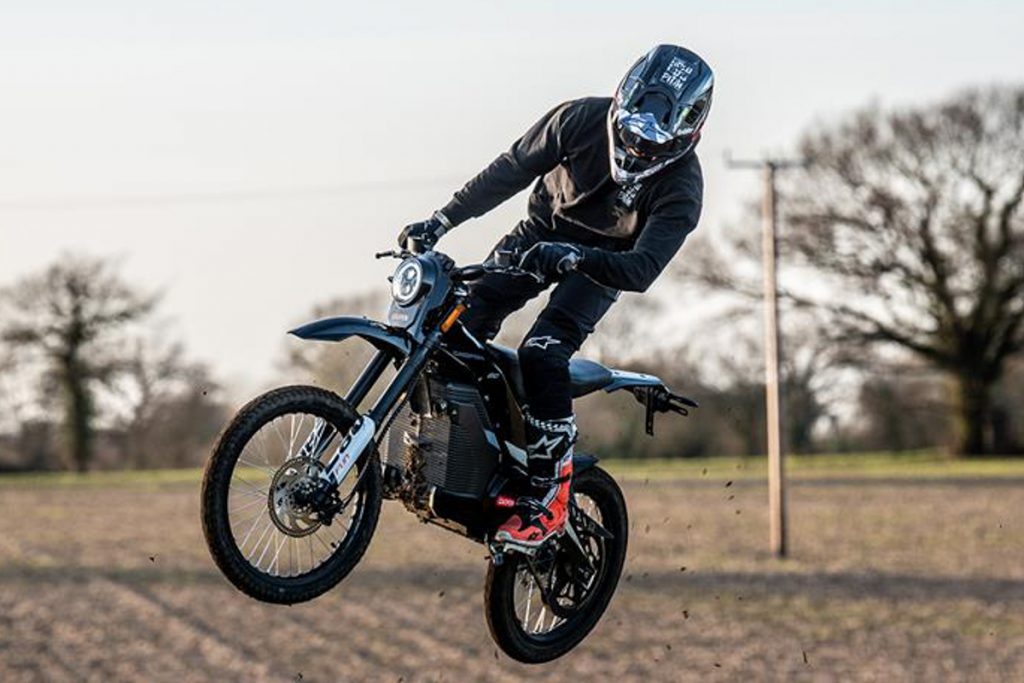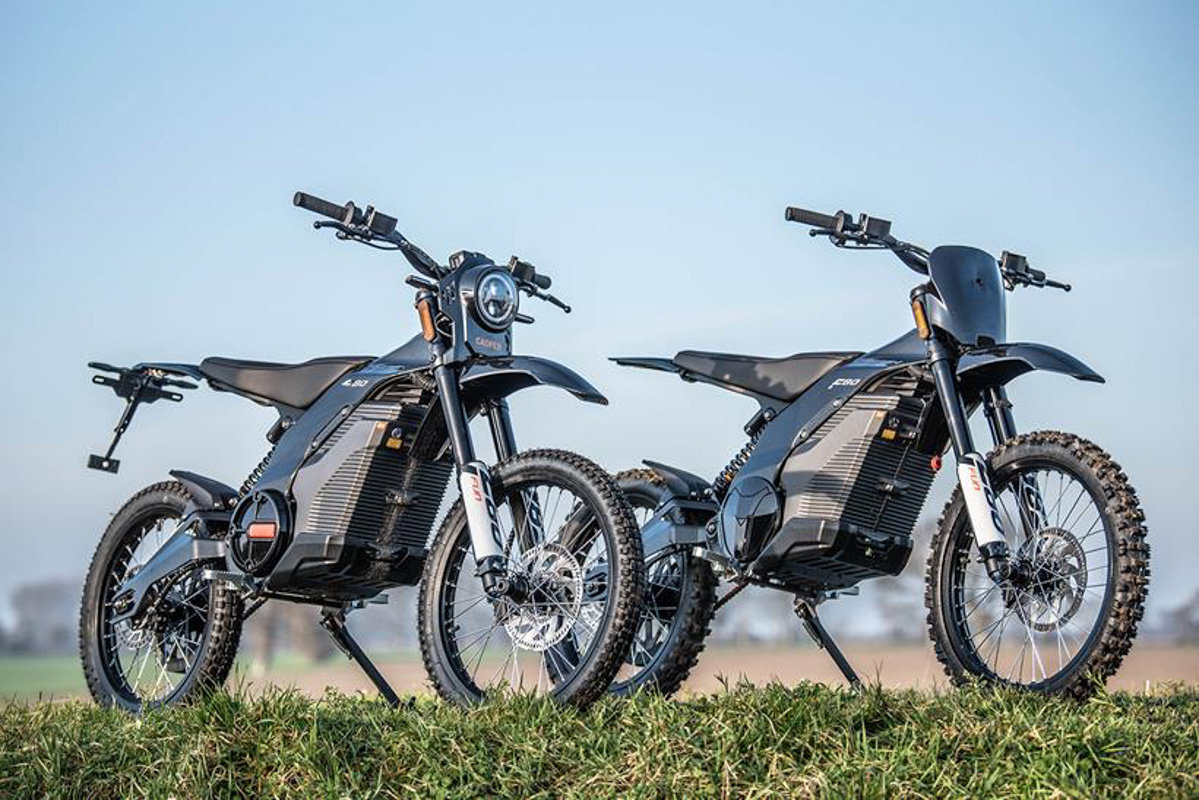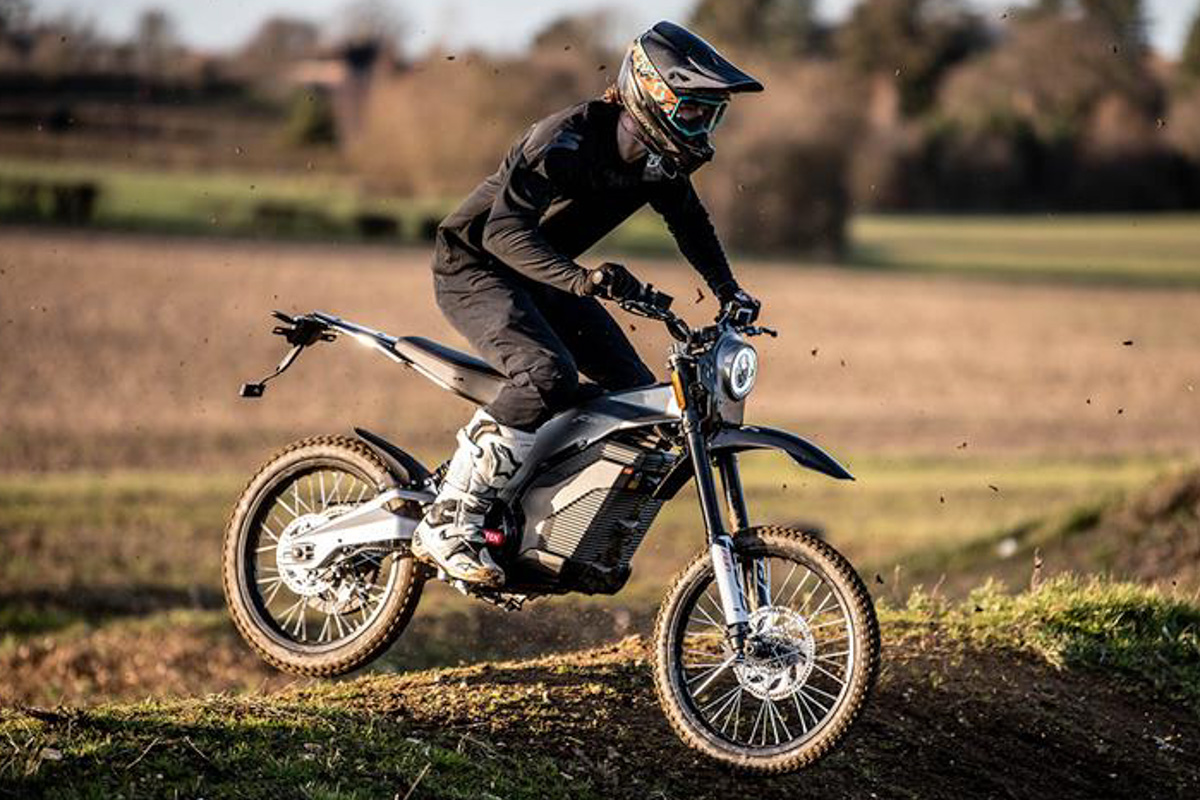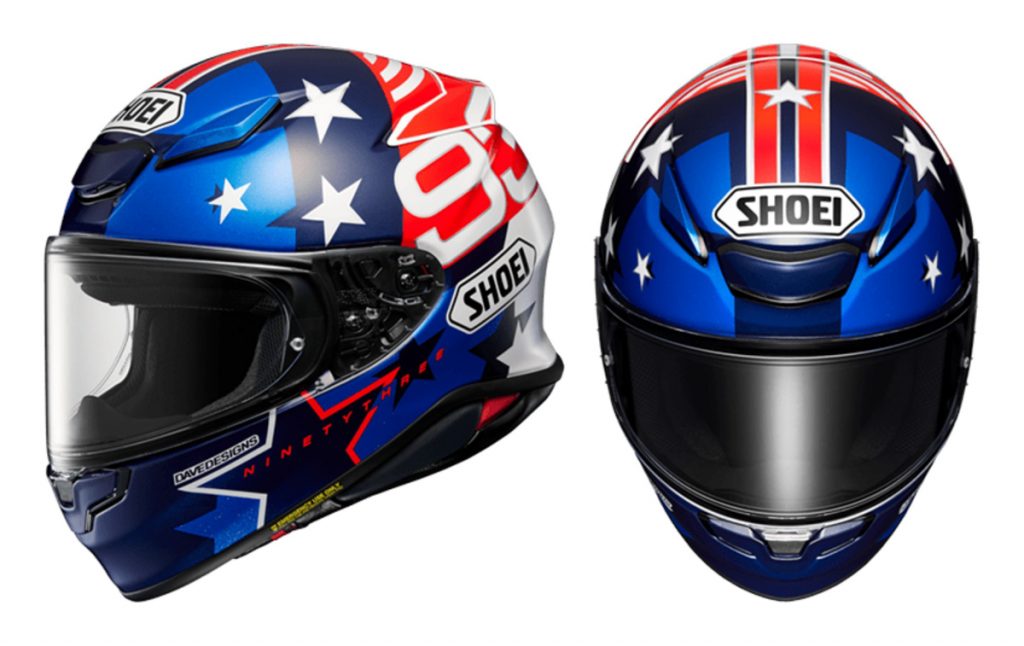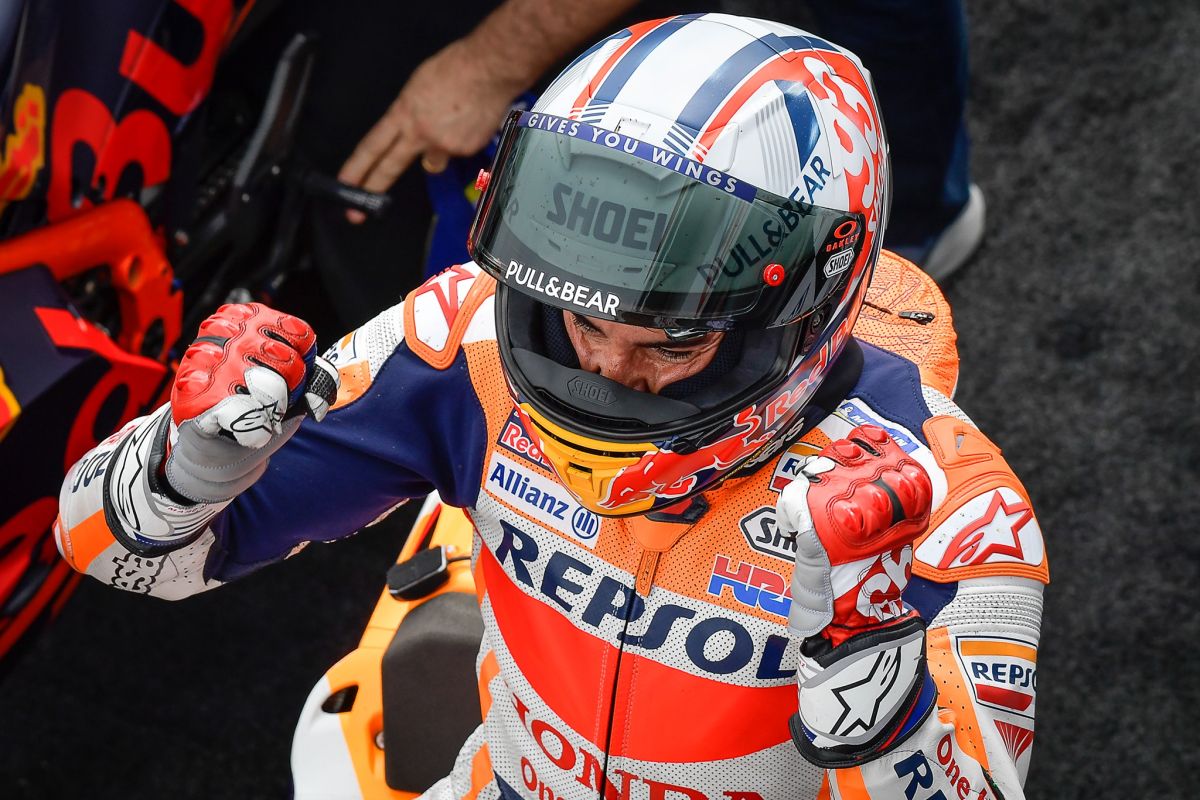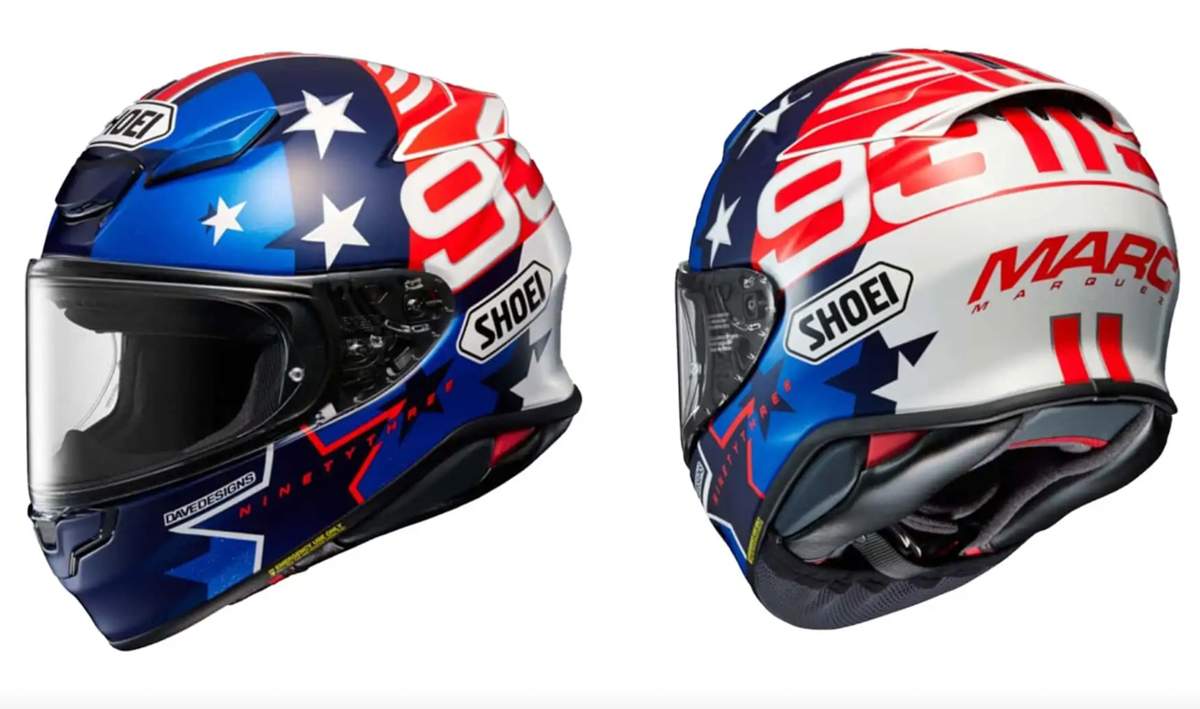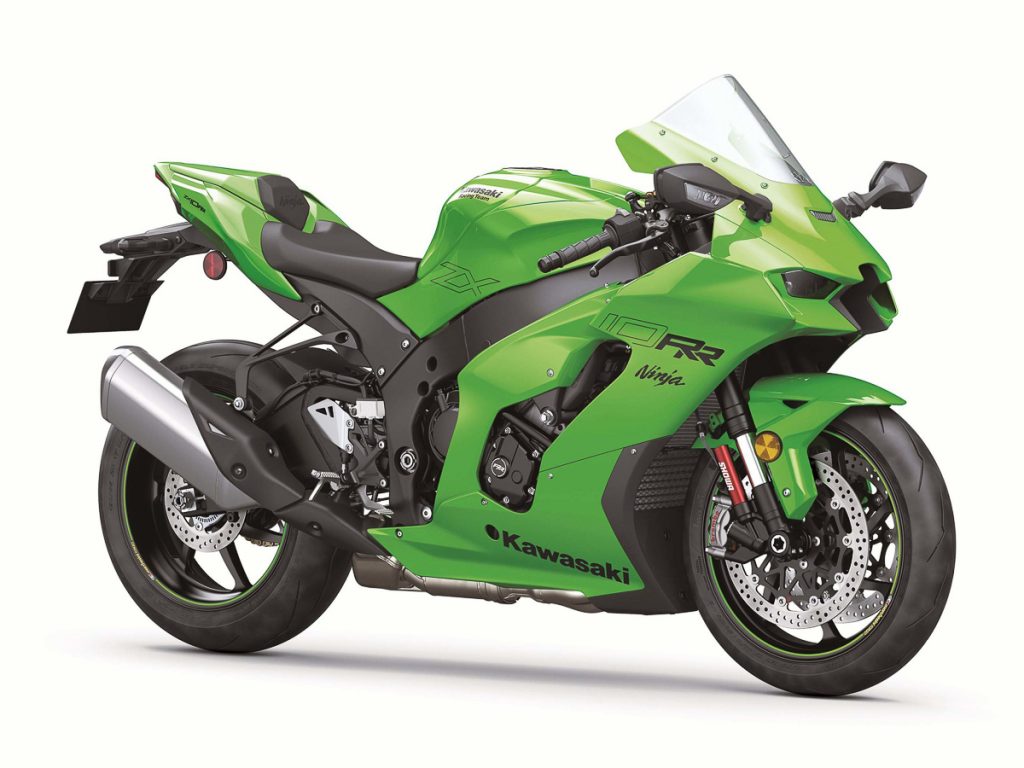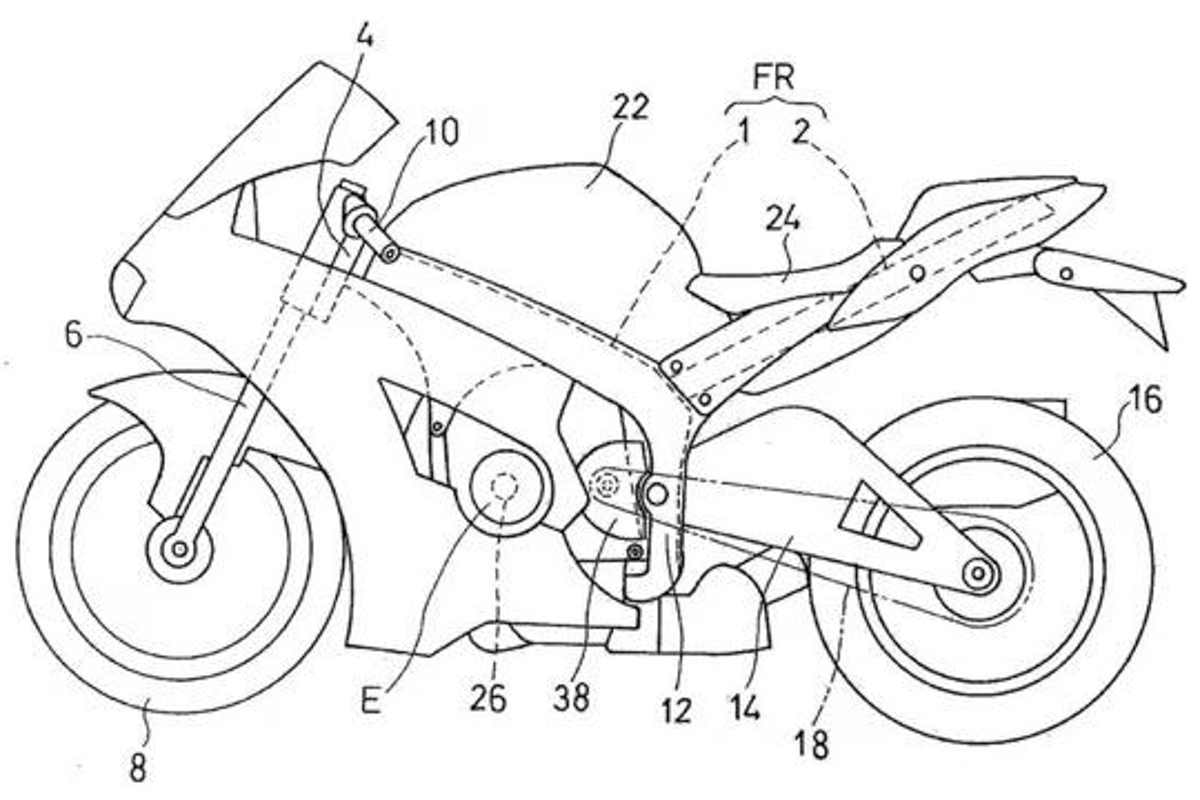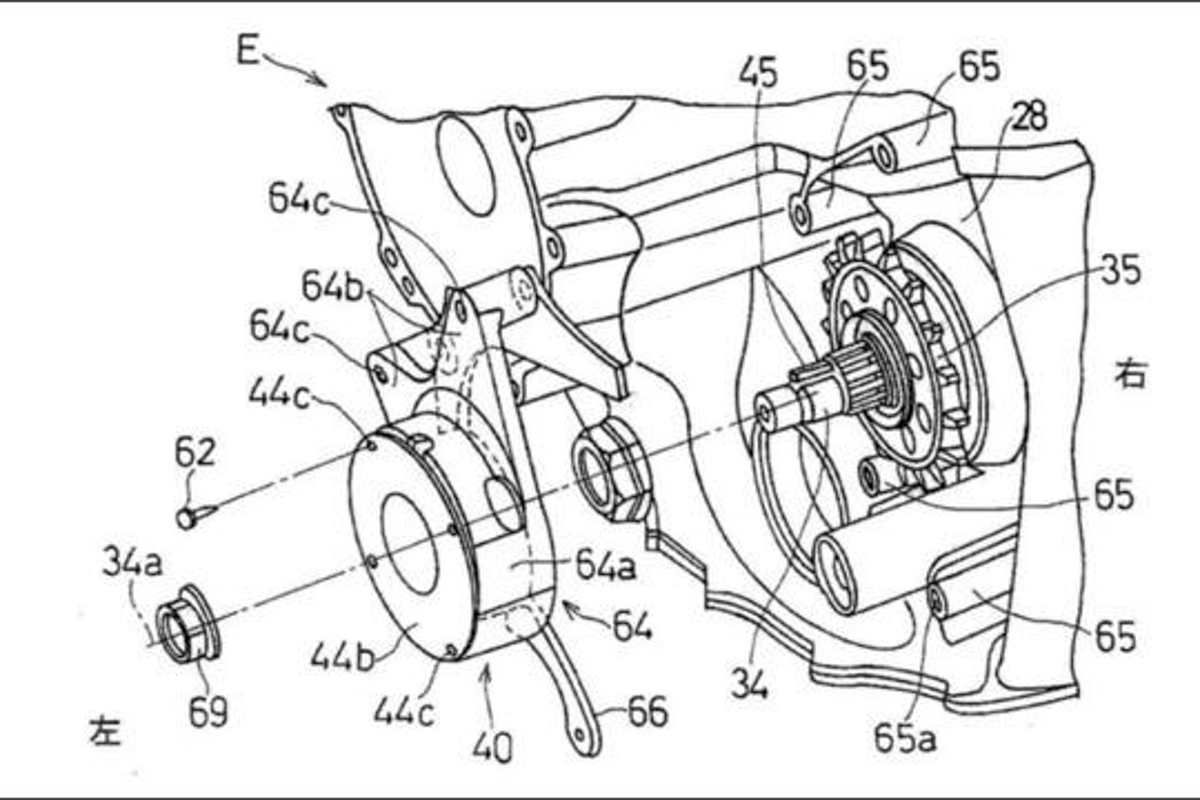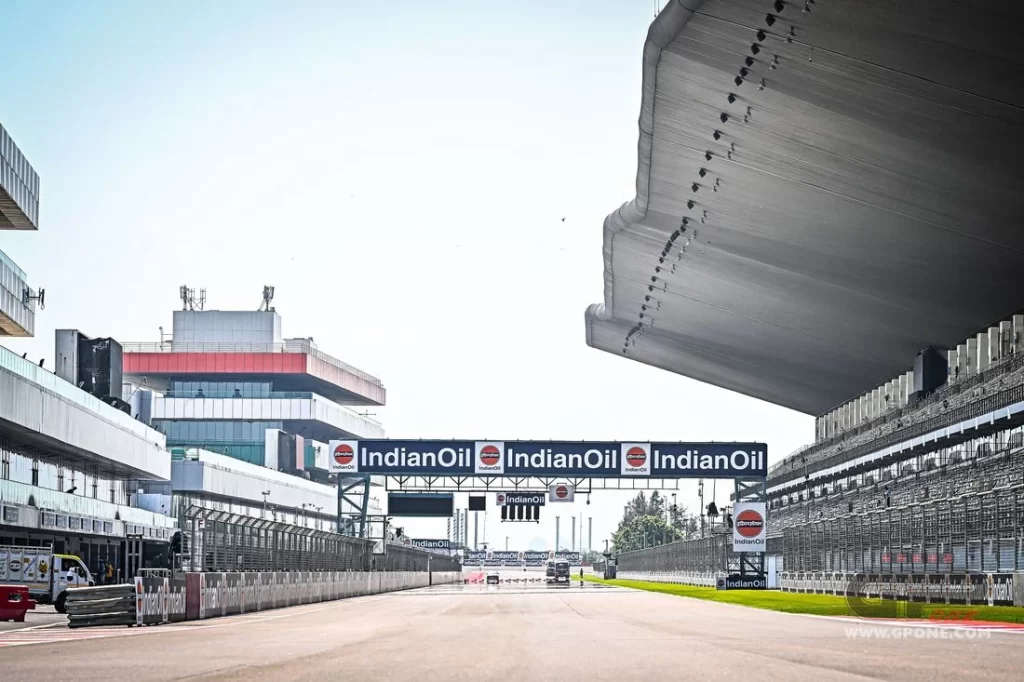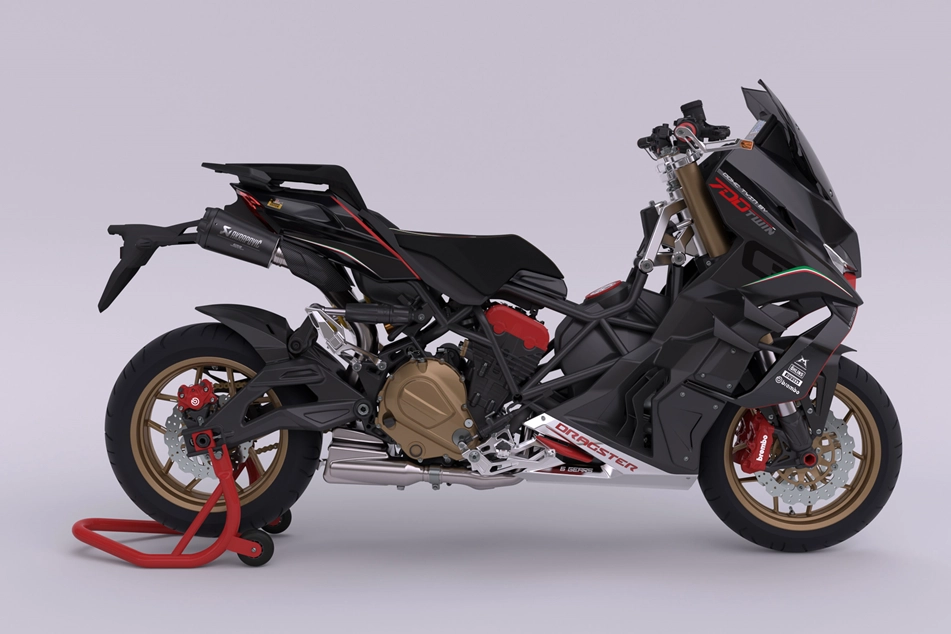When it comes to companies that produce performance machines, there’s always a model that works as the breadwinner.
For many years the breadwinner for Ducati was the Monster, the bike that is credited for saving Ducati from financial ruin in the 90s.
However, over the years, the Monster has become faster and more sophisticated, making it quite daunting for anyone looking to hop onto a Ducati for the first time.
That left a void in the Ducati model line-up. New riders simply did not have a Ducati friendly enough for them.
![]() But that void did not last very long as Ducati was quick to fill it with a new entry level model – the Scrambler Ducati.
But that void did not last very long as Ducati was quick to fill it with a new entry level model – the Scrambler Ducati.
Introduced in 2015, the Scrambler Ducati model was a revival of sorts of a Ducati from the 60s.
Though very different from the Ducati’s we know and love, the Scrambler Ducati appealed to a different breed of people. Those that wanted a Ducati but found that the usual models were a little too ‘hardcore’.
And it’s a formula that worked well. Ducati went on to sell over 100,000 Scramblers around the world.
And interestingly, over 20% of people that bought a Scrambler were new to the Ducati world.
Now though, Ducati has introduced a near all-new Scrambler.
Though the Scrambler features three distinct models – Icon, Full Throttle and NightShift – we got to ride the Icon recently in Spain.
The New Design!
Only 30% of parts from the old model has been carried over to the new Scrambler, and this means that that the new Scrambler is almost completely different than the old.
You may be hard done to tell the difference from the design alone, but there are some key giveaways.
Such as that dominant blacked out X on the LED headlight which is the logo for the Scrambler brand.
Scrambler fans will also notice the complete omission of the clutch cable that loops over the handlebars and disappears into the body of the bike. A seemingly messy design but one that was a nod to the original Scrambler from 1962.
We prefer the clean, sleek look of the cockpit of the new Scrambler though. The coloured 4.3-inch TFT screen too is a much-welcomed addition. Though it takes about four seconds to start up after you turn the key, which we find to be too slow. Why would anyone want to wait four seconds for the screen to start up?
Then there’s the design of the new exhaust. It loops down from the extractors and around the side of the engine then seemingly disappears into the engine bay only to come back out again at the bottom of the bike and finishes off with a short exhaust can.
It seems like a visual illusion where the exhaust seems to be hugging the engine and then simply disappearing into the chassis.
The tank too has been redesigned but what is more significant here is the fact the coloured covers are interchangeable along with the fenders and other coloured details on the headlamp.
This means that you will be able to completely interchange the colour of the Scrambler, giving it a level of customisation unseen in any other bike.
The Technology
This is where the new Scrambler is completely unrecognisable when compared to the previous generation model.
Even though it may be powered by the same Desmodue engine as before (producing the same amount of power rated at 73hp and 65.2Nm of torque), but thanks to some advancements such as a lighter gearbox cover and bearings, the engine is an impressive 2.5kg lighter than before.
This contributes to a total weight saving of 4kg.
Besides the engine, the new split trellis frame as well as the new swingarm also contributes to the overall weight reduction of the bike.
And this may not be good news for those who prefer a cable to connect their right wrist directly to the throttle valves, but for the first time ever the Scrambler Ducati comes with Ride by Wire electronic throttle management.
This means that the Scrambler now has an electronic brain that manages everything from power input and output, and even allows the addition of riding modes, though the Scrambler only has two – Road and Sport (Just for comparison, it’s distant cousin, the Desert X has six modes!).
But that’s not all, the new Scrambler also features a traction control system and cornering ABS, giving the rider a higher level of confidence, especially considering the fact that the Scrambler comes with Pirelli MT 60 knobby tyres that seem better suited to the dirt than the road.
How does it ride?
It would be too easy to simply sum it up as a bike that is easy to ride, but Ducati has gone to lengths to give the Scrambler a docile character. The new clutch for example has eight-discs which makes the clutch easier to manage with a higher biting point. This is great for new riders who are just starting off their journey as a Ducatisti.
The seat is mounted low at 795mm, and if that is still too high Ducati also has a 780mm option which we suspect will be offered as standard in Malaysia. And for the taller ones, there’s an 810mm option as well.
The wide BMX like handlebars are mounted high which combined with the low seat height, gives it a comfortable sitting position. It also makes the Scrambler easy to manage around traffic and tight areas such as in parking lots.
But when the road opens, the Ducati in the Scrambler takes over.
It may not be explosive in nature, but it is still quick and the intake makes some intoxicating sounds swallows air with the usually pops and bangs that follow when you roll off the throttle.
It unquestionably sounds better than before.
Though the power output may be the same, the ride modes give the engine a different tuning. This time there is a more linear torque delivery with a good midrange punch without having to downshift.
This lets you shuffle along at lower speeds at 3rd or 4th gear, making the Scrambler perfectly suited to life in the urban environment.
Should you buy it?
If you have always wanted a Ducati but found them all to be too intimidating, then this is the bike for you. If you are vertically challenged and need a bike that is great for the daily commute and for a short tour on the weekends, then this is the bike for you. The new Scrambler Ducati is like a big friendly Labrador that has all the muscle but without the bite. But if you are experienced and want something that will scare you or want something to take you to faraway places in comfort, look at the Panigale V4S or the Multistrada V4S.
Specifications
Engine: 803cc, L-Twin, Desmodromic, 2 valves per cylinder, air-cooled
Gearbox: 6-speed, wet multiplate clutch
Power: 73hp @ 8250rpm
Torque: 65.2Nm @ 7000rpm
Front Suspension: Kayaba 41mm fork with 150mm travel
Rear Suspension: Kayaba rear shock adjustable with 150mm travel
Front Brakes: 330mm disc, 4-piston calliper with Bosch Cornering ABS
Rear Brakes: 245mm, 1-piston floating caliper with Bosch Cornering ABS
Price: To Be Confirmed
We like: Customisable looks, friendly nature
We don’t like: Small, not for experienced riders



